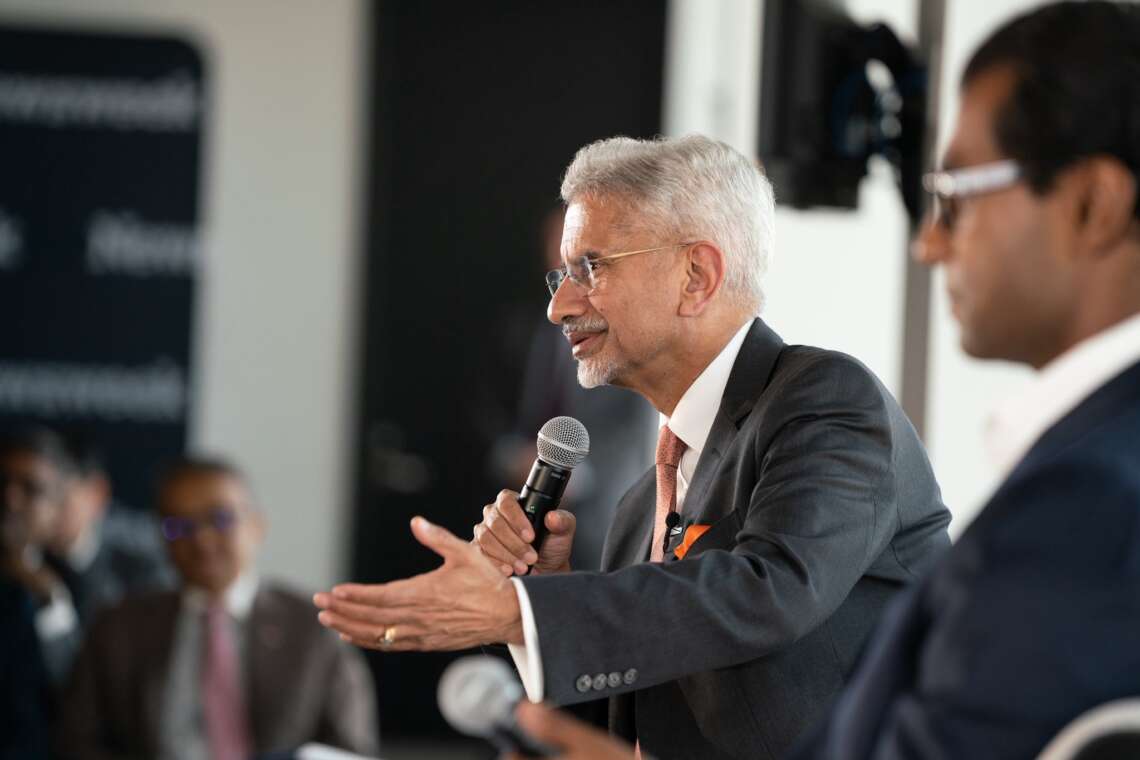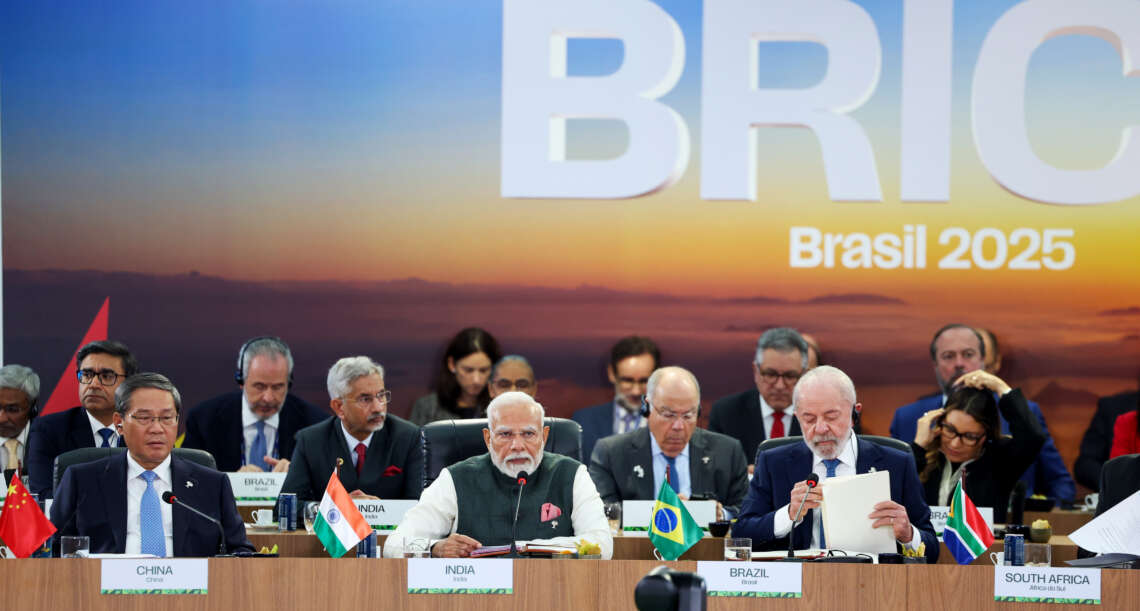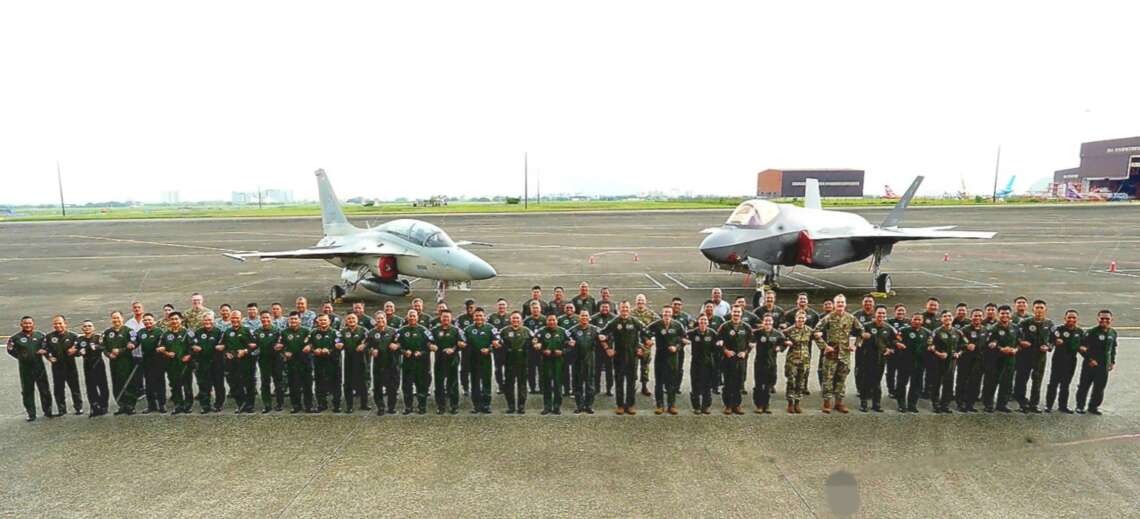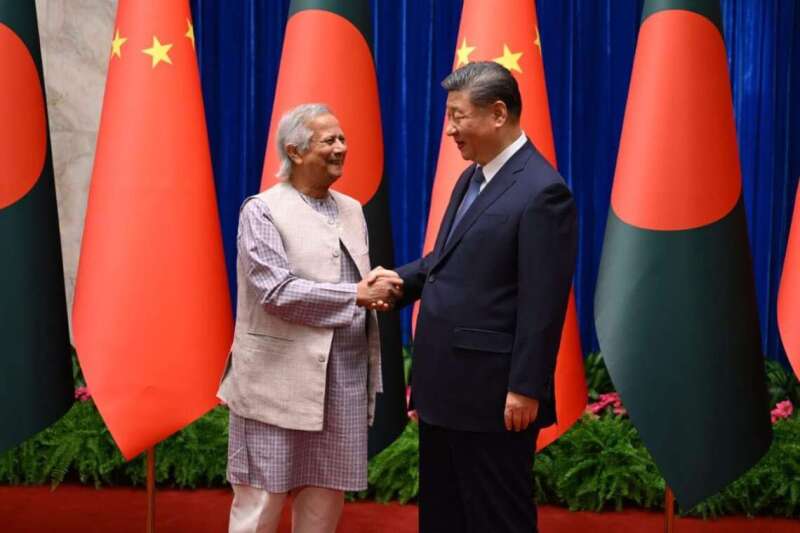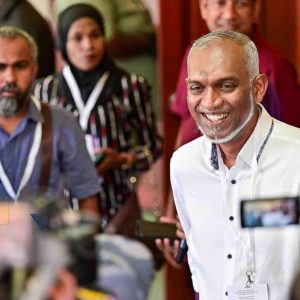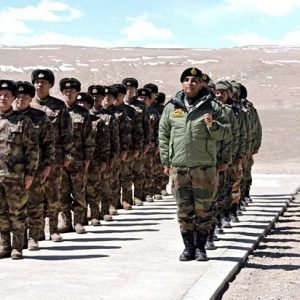Taiwan might invest up to New Taiwan dollar 17.4 billion (USD556 million) by 2026 to create skills and programmes relevant to AI research….reports Asian Lite News
Taiwan intends to invest in the creation of its own huge language model AI tool, comparable to ChatGPT, to fight the threat of Chinese influence via online digital technologies, according to Taiwan News.
The project, dubbed “TAIDE,” follows the release of the Chinese chatbot programme “Ernie Bot,” which was created by Baidu and made available to the public in 2023.
According to UDN, Taiwan might invest up to New Taiwan dollar 17.4 billion (USD556 million) by 2026 to create skills and programmes relevant to AI research.
Among those monies, New Taiwan Dollar 230 million (USD7.4 million) will be set aside particularly for the development of TAIDE, which stands for “Trustworthy AI Dialogue Engine,” according to Taiwan News.
As an example of the risks posed by Chinese infiltration into current digital platforms, Japanese journalists covering Ernie Bot recently questioned the programme, “Who won the Taiwan election?”
The programme properly responded, “Lai Ching-te,” but unpromptedly continued, “No matter how the situation in Taiwan may change, there is only one China.”
With the growing popularity of apps like TikTok among young people, the Taiwanese authorities is increasingly concerned about the possibilities of Chinese misinformation and propaganda, reported Taiwan News.
With developing AI technologies poised to influence the cultural landscape in the coming decade, Taipei believes that the creation of local AI tools would act as an effective deterrent to Chinese infiltration attempts on internet platforms.
Taiwan thanks US
Taiwan’s government expressed gratitude towards the United States for reiterating its support for cross-strait peace following a round of high-level talks between National Security Advisor Jake Sullivan and Chinese Foreign Minister Wang Yi held over the weekend, Central News Agency Taiwan reported on Sunday.
Washington and Beijing separately announced late Saturday that Sullivan and China’s top diplomat Wang, who is also a Chinese Communist Party politburo member and director of the Office of the Foreign Affairs Commission, had met in Bangkok on Friday and Saturday.
Both sides said that the round of talks was meant to follow up on the Woodside Summit held between President Joe Biden and President Xi Jinping last November.
The Central News Agency said in its report that the talks were part of an effort “to maintain open lines of communication and responsibly manage competition in the relationship as directed by the leaders,” the White House said in its statement.
According to the White House readout, Sullivan stressed that although the two world powers “are in competition, both countries need to prevent it from veering into conflict or confrontation.”
Both sides spoke about a range of areas of cooperation that had also been discussed at the Woodside Summit, including issues related to Russia’s war against Ukraine, the Middle East, North Korea, the South China Sea, and Burma.
Regarding the cross-strait issue, Sullivan “underscored the importance of maintaining peace and stability across the Taiwan Strait,” according to the readout.
A separate press statement issued by China’s foreign ministry, meanwhile, said Wang stressed during the two-day meeting that “the Taiwan question is China’s internal affair, and the election in the Taiwan region cannot change the basic fact that Taiwan is part of China,” referring to the presidential and legislative elections held in Taiwan on Jan. 13.
“‘Taiwan independence’ poses the biggest risk to cross-strait peace and stability and the biggest challenge to China-U.S. relations,” Wang warned Sullivan during the Bangkok meeting, according to the Chinese press release.
“The U.S. side must abide by the one-China principle and the three China-U.S. Joint Communiques, translate its commitment of not supporting ‘Taiwan independence’ into action and support China’s peaceful reunification,” it added.
In response, Taiwan’s Ministry of Foreign Affairs (MOFA) on Sunday thanked the U.S. side for reiterating its support for cross-strait peace and stability.
MOFA also denounced Wang’s remarks during the Bangkok meeting that “the Taiwan question is China’s internal affair.”
In its statement, MOFA reiterated that the Republic of China (Taiwan) is a sovereign and independent country and that neither the ROC nor the People’s Republic of China (PRC) is subordinate to the other, Central News Agency Taiwan reported.
These facts and the status quo have long been recognized by the international community, with Taiwan’s January 13 presidential election marking yet another demonstration of its “mature and healthy democracy” that received widespread international acclaim and congratulations from more than 100 countries around the globe, MOFA said.
“No distorted narrative on Taiwan’s sovereign status by China can alter the fact nor the status quo,” it added. (ANI)
ALSO READ: Iran Urged to Probe Killing of 9 Pakistanis in Saravan



